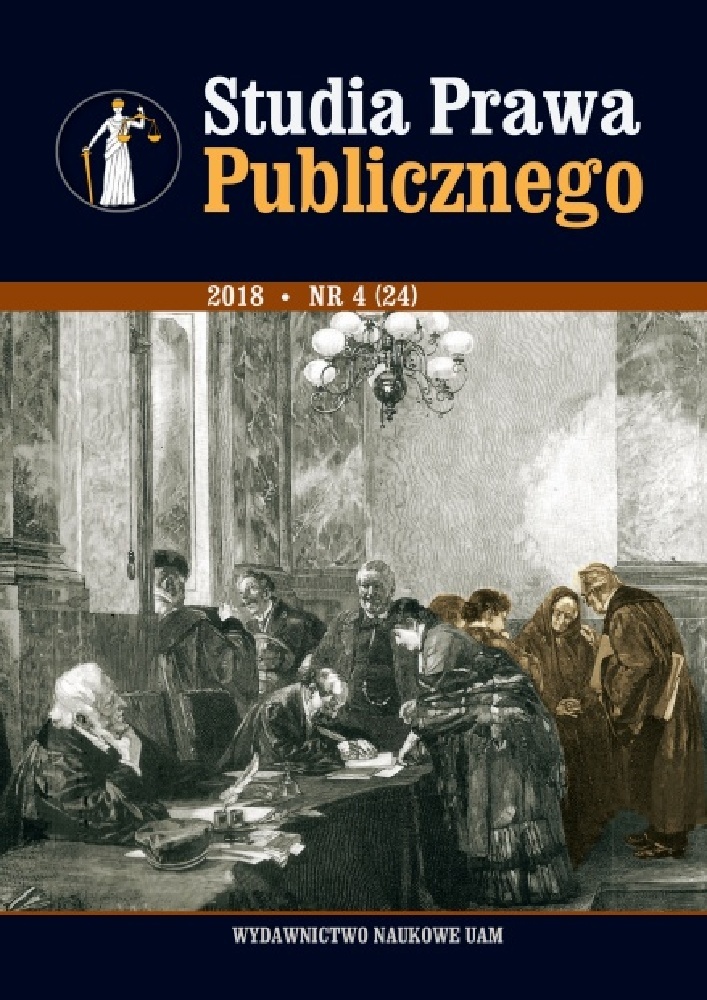Abstrakt
On 1 June 2017, a major amendment to the Code of Administrative Procedure came into force. The article deals with mediation incorporated into the Code as a new institution of administrative proceedings. The authors presented the advantages and disadvantages of mediation in public matters and discussed the theoretical foundations of this construction. They analysed the effectiveness of the mediation conducted in the proceedings before the administrative courts, pointing that entrusting mediation to professional mediators (by amending the Act of 7 April 2017) was justified. The new regulation provides for mediation that is voluntary, secret, and conducted by an impartial mediator. The amending act does not specify the preferred mediation strategies, leaving this issue to the mediators, but the analysis of the content of the new provisions leads to the conclusion that the evaluative type of mediation is the leading one. The amended provision of Article 13 § 1 of the Code allows mediation in any matter, provided its the nature is sufficiently suitable. In the Authors’ opinion, mediation should be allowed especially in matters that need to be resolved basing on the administrative discretion and in matters whose settlement requires the interpretation of terms that are not specified. In the authors opinion, mediation may be an effective instrument for eliminating administrative disputes but requires proper preparation of the clerks involved.
Licencja
Prawa autorskie (c) 2018 Joanna Wegner, Bartłomiej Wróblewski

Utwór dostępny jest na licencji Creative Commons Uznanie autorstwa – Użycie niekomercyjne – Bez utworów zależnych 4.0 Międzynarodowe.
